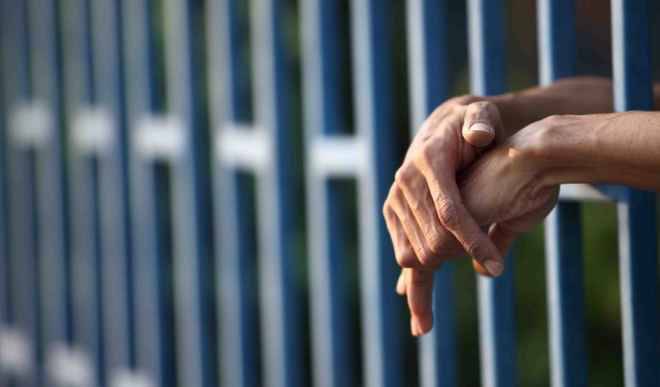After persistent advocacy over detention of underaged offenders along with adults in Nigerian prisons, a major step has been initiated by justice sector organisations in the country.
Daily Trust, in a brief study on August 20, 2017, found that at least 3.5 percent of inmates detained in Keffi Prison in Nasarawa State, are underaged inmates, most of them awaiting trial just like the almost 70 percent other inmates.
Between December, 2016 and January, 2017, at least 30 babies were being held in prisons alongside their mothers such as in Kirikiri (Lagos), Port Harcourt (Rivers) and Enugu (Enugu), according to a study by the Citizens United for the Rehabilitation of Errants (CURE-Nigeria).
To address the problem, CURE, in conjunction with other stakeholders, organised a summit for reforms on juvenile justice administration with a workshop for the South West zone in Lagos State.
The forum attracted participants from the Lagos office of the National Human Rights Commission (NHRC); Office of the Public Defender (OPD); Lagos State Judiciary, Nigerian Prisons Service, Lagos; Committee for the Defence of Human Rights (CDHR) and Nigerian Security and Civil Defence Corps (NSCDC).
In Article 40 (3) (a) of the United Nations Convention on the Rights of the Child, states are encouraged to adopt the age of criminal responsibility suitable for their respective jurisdictions; 18 years is the age recognised as the age of maturity in Nigeria. The Nigerian law recognises that the child lacks criminal responsibility and therefore cannot be prosecuted for any offence.
Also, Section 277 of the Child’s Rights Act 2003 and Section 494 (1) of the Administration of Criminal Justice Act 2015 define a child as “a person who has not attained the age of 18.”
By not conforming to the international rules, Nigeria risks producing kids that will grow up hardened and abusive to others, according to experts, among them, a consultant psychiatrist, Dr Grace Ijarogbe.
In her presentation, Ijarogbe warned that locking up minors with adults could result in mental health problems in future. She said the kids suffer physical, emotional and sexual abuse, trauma, self-harm, social isolation and abusive behaviours.
She therefore recommended that mental health checks be conducted on such children, and provision of boarding facilities social welfare homes and funding.
Setting the agenda for the dialogue, the Executive Director of CURE, Sylvester Uhaa, called on the Lagos State Government and all the states of the federation to respect domestic and international laws governing the administration of justice for ‘juveniles in conflict with the law.’
Going back memory lane, Uhaa said management of juveniles began around 1800 under the parens patriae system, also ‘state as parent’, meaning that the state represented by different agents – courts, police, civil defense, military, environmental task force, etc, through a juvenile justice system, should act in the role of parent for the juvenile when parents are deemed incapable or unwilling to control their children.
In her welcome address, the Chief Judge of Lagos State, Justice Opeyemi Oke, who was represented by Justice M.O. Obadina said the state in the Child Rights Laws of Lagos, provides for institutions that must be established for children, adding that she periodically visits prisons to remove children and take them to approved institutions.
The Lagos coordinator of NHRC, Lucas Koyejo, urged the state government to ensure that juveniles, those who are mostly in their developmental stages, are not detained along with adults in the same facility.
In his opening remarks, the Director of OPD, Olayinka Adeyemi, said 72 children were detained along with adults in Lagos prisons since January, and called for more correctional therapies for juvenile offenders rather than detention.
She listed the challenges faced by the OPD in tackling the problems of detention of child offenders to include: non-resident of parents of young offenders; attitude of police officers compelling minors to report false ages of above 18; and lack of correctional facilities.




